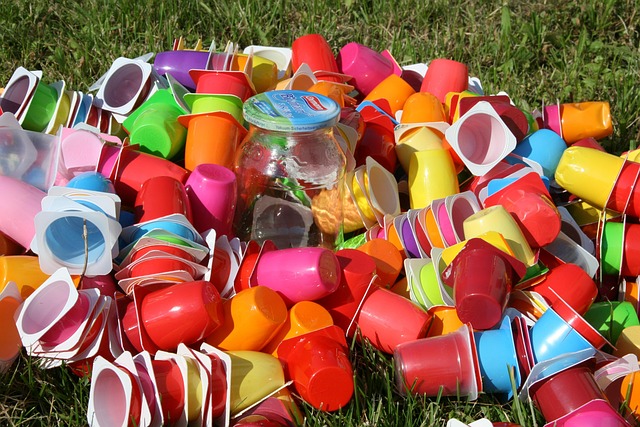In our fast-paced, consumer-driven society, it is easy to overlook the critical issues surrounding environmental sustainability. However, one of the most impactful ways to contribute to a healthier planet is by embracing the concept of waste reuse in gardening. This innovative approach not only reduces landfill waste but also promotes green and eco-friendly practices that can transform our habitats into thriving sanctuaries of nature.
When we think about gardening, we often envision rich soil, vibrant flowers, and abundant vegetables. But what if we told you that you could cultivate your garden while simultaneously helping the environment? By reusing waste, we can minimize our ecological footprint and breathe new life into our surroundings. Simple practices like composting kitchen scraps, repurposing old containers, or using natural materials from our environment can significantly contribute to a sustainable gardening approach.
Composting, for example, is a fantastic way to utilize food waste. Rather than tossing those vegetable peels and coffee grounds into the garbage, consider creating a compost pile or bin. As these organic materials break down, they transform into nutrient-rich compost that nourishes your garden soil. This process not only leads to healthier plants but also diverts waste from landfills, reducing methane emissions and supporting a cyclical ecosystem.
Another fantastic technique is utilizing items commonly discarded in our daily lives. Plastic bottles, for instance, can be turned into self-watering planters. Simply cut the bottle in half, fill one half with soil, and use the other half to hold water underneath. This method not only recycles plastic but also ensures your plants receive the moisture they need without excessive watering.
Additionally, consider using old newspapers, cardboard, or even coffee grounds as mulch in your garden beds. These materials naturally decompose over time, improving soil quality while suppressing weeds. By incorporating such waste reuse strategies, your gardening efforts become a powerful statement in support of eco-friendly practices.
Furthermore, engaging in waste reuse doesn’t have to be a lonely endeavor. It’s a community effort that fosters collaboration and learning among gardening enthusiasts. Hosting swap events, where gardeners share excess plants or materials, highlights the spirit of sustainability. By exchanging resources, we can minimize waste while building a strong sense of community and support for green initiatives.
As we journey deeper into eco-conscious living, let us embrace the transformative power of waste reuse in our gardens. Remember, our daily choices have a ripple effect on the health of our planet. By adopting these green practices, we can cultivate not just beautiful, bountiful gardens but also a vibrant ecosystem that thrives on sustainability. So, gather your reusable materials and get ready to revolutionize your habitat through the delightful art of gardening!




